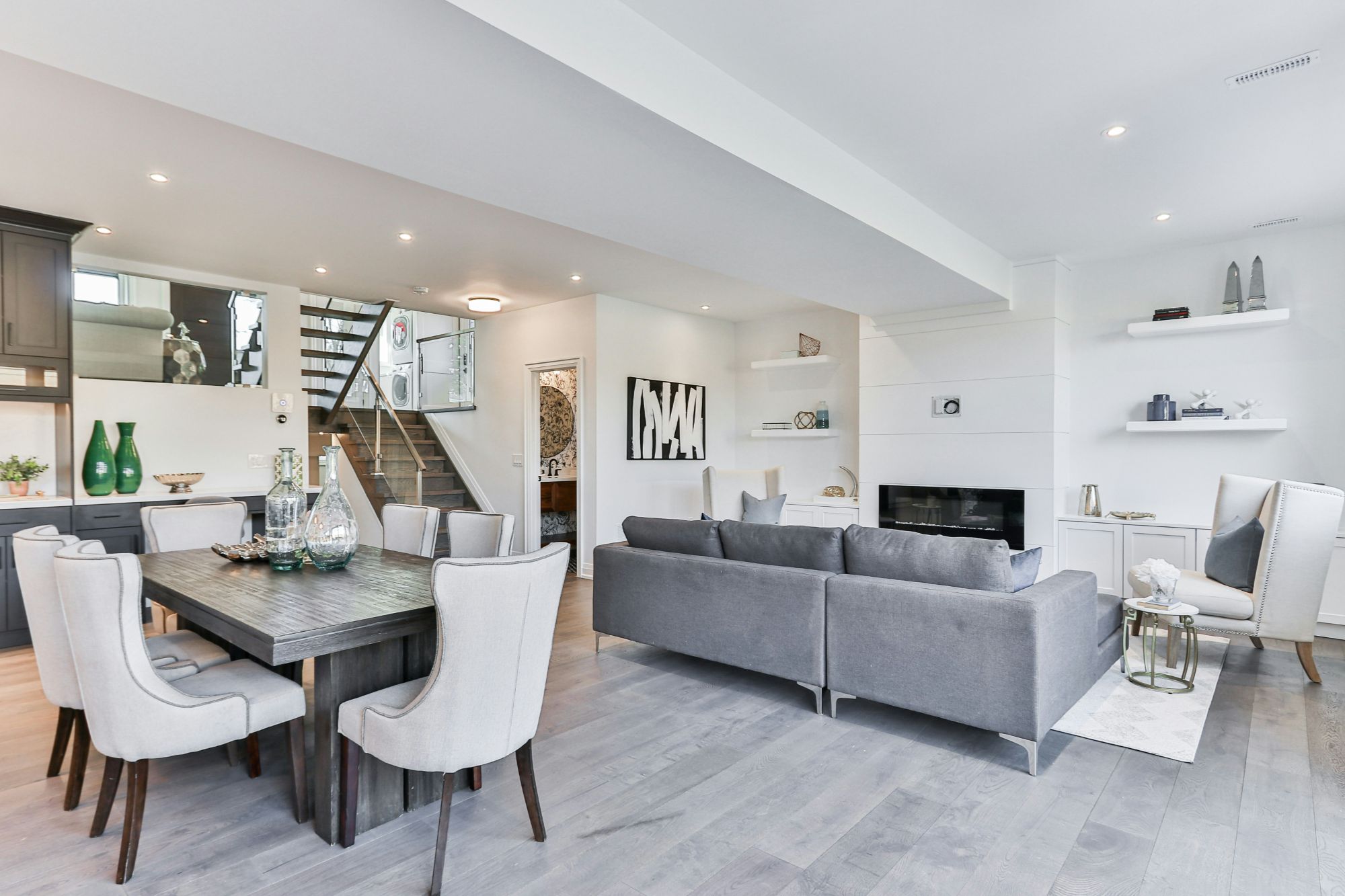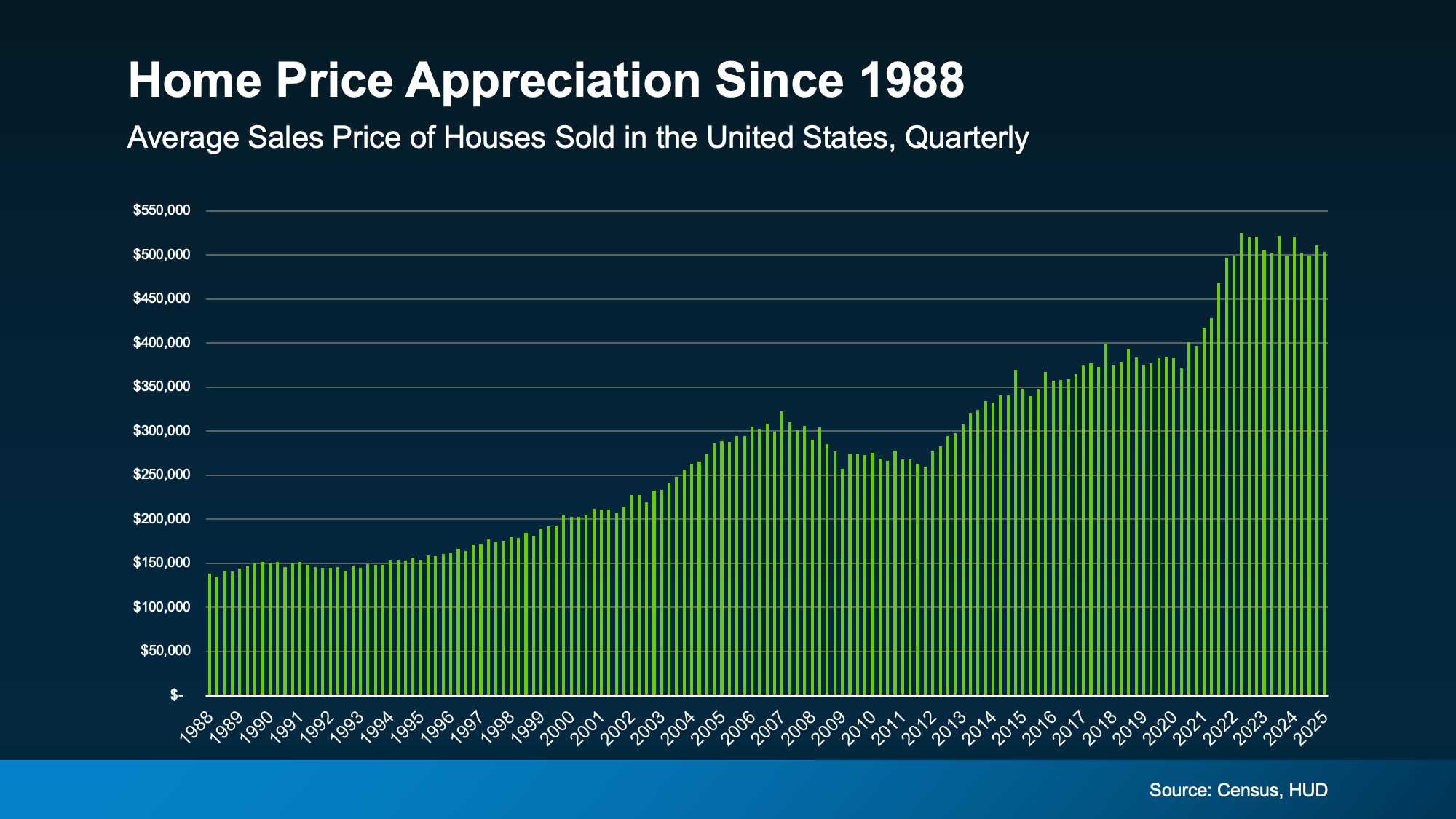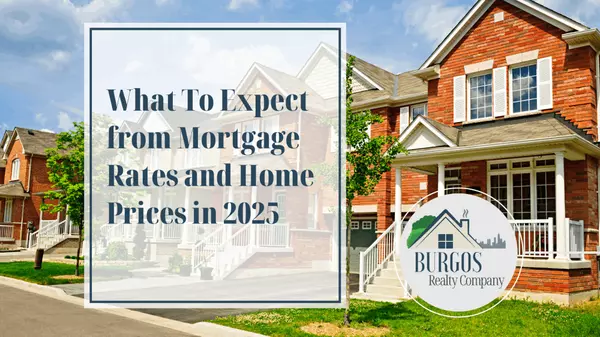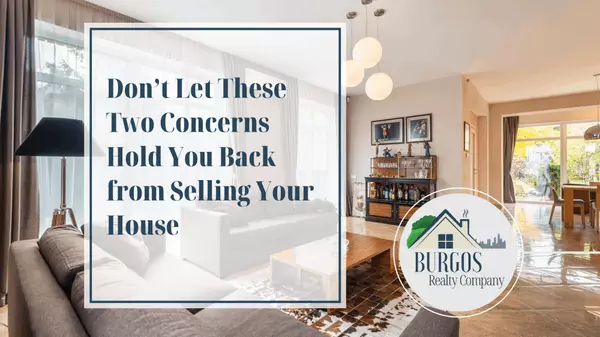

Strategic Tips for Buying Your First Home
Buying your first home is a big, exciting step and a major milestone that has the power to improve your life. As a first-time homebuyer, it’s a dream you can make come true, but there are some hurdles you’ll need to overcome in today’s housing market – specifically the limited supply of homes for sa
Read More

It’s Time To Prepare Your House for a Spring Listing
If you’re thinking of selling your house this spring, now is the perfect time to start getting it ready. With the market gearing up for its busiest time of year, it’ll be important to make sure your house shines bright among the competition. Here are some valuable tips you can use to get your house
Read More

Will a Silver Tsunami Change the 2024 Housing Market?
Have you ever heard the term “Silver Tsunami” and wondered what it’s all about? If so, that might be because there’s been lot of talk about it online recently. Let’s dive into what it is and why it won’t drastically impact the housing market. What Does Silver Tsunami Mean? A recent article from Hous
Read More
Categories
Recent Posts










